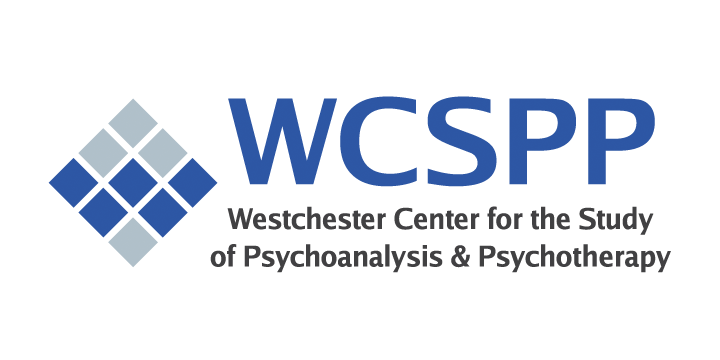Supervisory Training Program
Refine supervision and case consultation skills
Develop professional relationships with fellow psychoanalysts
The one-year Supervisory Training Program offers experienced psychoanalysts an opportunity to develop the skills and theoretical background needed to provide supervision to therapists in private practice, agencies, and psychoanalytic institutes. The program encourages students to enhance understanding of their therapeutic values, identity, and theory and how these elements inform their work as psychoanalysts supervising other clinicians and staff.
Graduates of this program receive a certificate in the supervision of psychoanalysis and psychotherapy. This program is limited to experienced psychoanalysts who have an interest in enhancing their ability to do psychoanalytically oriented supervision.
Apply Here


The Supervisory Training Program is a one-year program designed to provide candidates with a comprehensive theoretical and clinical education in the supervision of psychoanalytic and psychodynamic psychotherapy.
Program Directors
Ann Crane, PsyD and Coren Schwartz, LCSW
Admission
Admission is by application and interviews, on a rolling basis. Applicants must be licensed in NY or CT and have current professional liability insurance.
Graduates of psychoanalytic institutes who have completed psychoanalytic training four or more years ago are welcome to apply.
Requirements
COURSE WORK: The one-year program is organized as a trimester system with one course each trimester. Each course meets for 11 weeks on Wednesdays from 12:40 to 2:00 pm, via Zoom. Courses are collegial in nature and a cohesive group is an important element of the learning experience. In addition to the didactic component of the classes, students will be expected to present their clinical work.
SUPERVISION: Candidates in this program will meet with a senior supervisor from WCSPP once a week to supervise the clinical supervision they are doing. Forty hours of supervision is required. STP candidates pay the senior supervisor directly at a rate of $50 per session.
CLINICAL REQUIREMENT: Each STP candidate is required to provide 40 weeks of supervision to a candidate from the WCSPP Advanced Analytic training program who has already completed at least one unit (40 weeks) with a faculty supervisor and is seeing an adult patient at least twice a week. The Advanced Analytic candidates do not pay for this supervision. In the event that it is not feasible to supervise a WCSPP Advanced Analytic candidate, the STP candidate may supervise a graduate of WCSPP or other institute who is seeing an adult patient at least twice a week. The
Director of the Supervisory Training Program approves supervisory pairings.
Program Courses
Candidates take one course per trimester:
Fall: Review of Historic and Contemporary Literature on Supervision
This course examines current and historical thinking about the nature and practice of supervision through an overview of the literature. Topics covered include transference, countertransference and parallel process as they relate to supervision. Additional topics discussed include the use of authority, dangers of collusion, the impact of supervisor and supervisee’s narcissism and unanticipated negative effects of supervision.
Winter: Who We Are and What We Do as Supervisors
This course considers the tasks and processes of supervision and who we are as supervisors. Topics include methodology, supervision of the therapist vs. supervision of the case, boundaries of supervision and analysis, subjective elements in analytic technique, collaborative and conflictual aspects of the supervisory relationship and one’s motivation for doing the work.
Spring: Synthesis of Theory and Clinical Experience
With the use of formal case presentations, the candidates have the opportunity to integrate their thinking on supervision. A cohesive group allows for discussion and exploration of what approaches best resonate and fit one’s personality and how our values and belief systems play central roles in our supervisory work. Candidates will develop a clearer and more formulated understanding of supervision and their own clinical process.
Fees
Tuition: $575 per course per trimester, to be paid prior to the start of each trimester, plus a $75 administrative fee per trimester
Individual supervision: STP candidates pay their senior WCSPP supervisor directly at the candidate rate of $50 per session
Financial assistance may be available on a need documented basis, and individual payment plans may be arranged with prior approval.

